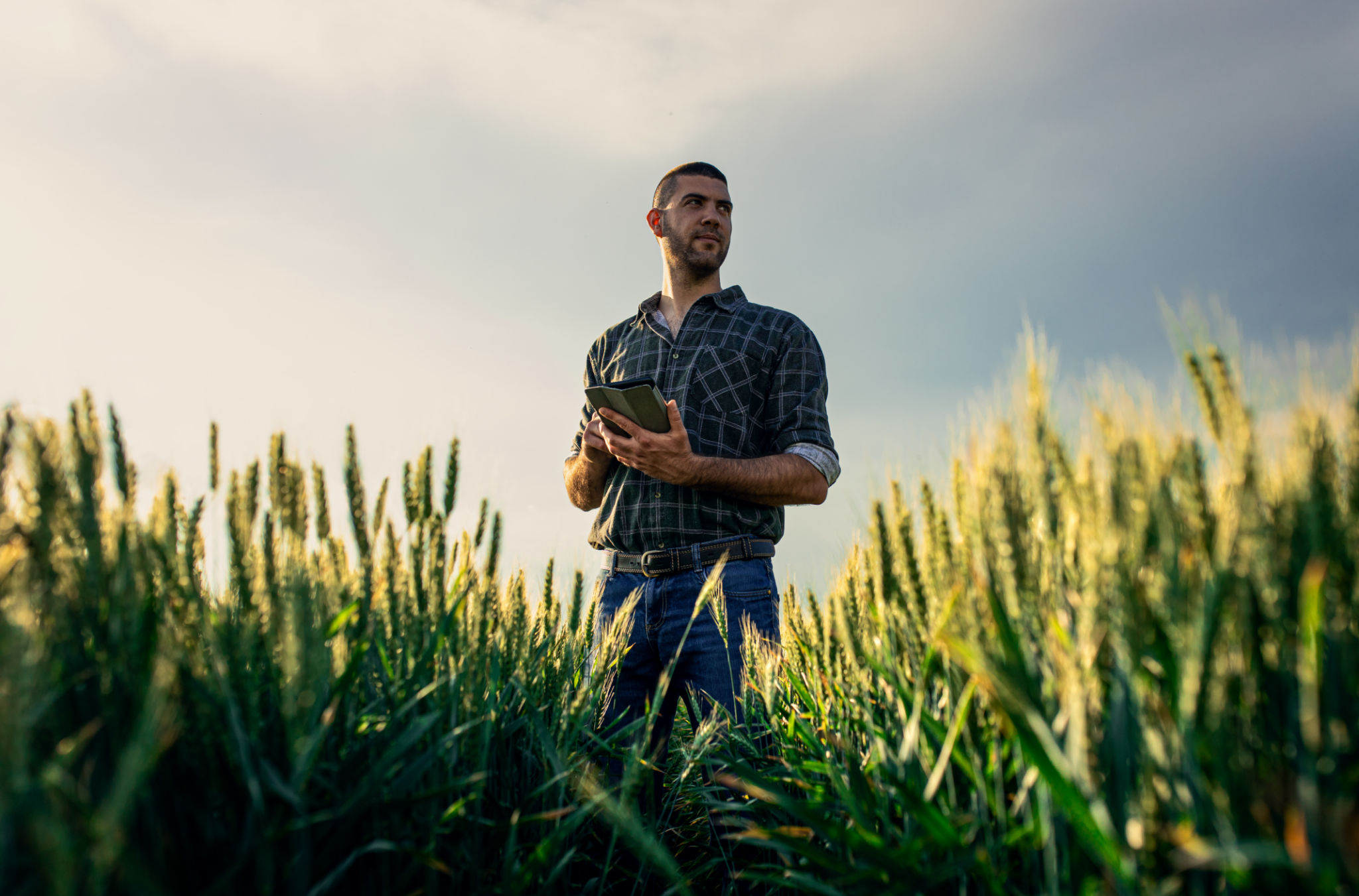A Comprehensive Guide to Farm Development in Ocala, FL
Introduction to Farm Development in Ocala
Ocala, Florida, renowned for its rolling hills and lush landscapes, has long been a prime location for farm development. Known as the "Horse Capital of the World," Ocala offers fertile lands and a favorable climate, making it ideal for various agricultural pursuits. Whether you're considering starting an equine facility or a diverse crop farm, understanding the nuances of farm development in this area is crucial.

Choosing the Right Location
The first step in farm development is selecting the appropriate location. Ocala provides diverse options, from sprawling acres suitable for pastures to wooded areas perfect for secluded farmsteads. It's essential to consider proximity to resources, such as water and feed suppliers, as well as access to roads and markets. Additionally, understanding the zoning laws and environmental regulations in Marion County will ensure your farming venture complies with local standards.
Assessing Soil Quality
Soil quality is a critical factor in determining the success of your farm. Conducting a soil test will help you understand the nutrient content and pH levels, guiding you in choosing the right crops or pasture grasses. Ocala's soil is typically sandy, requiring amendments to boost fertility. Fertilizers or organic compost can enhance soil quality, promoting healthier plant growth.

Designing Your Farm Layout
Once you've chosen a location and assessed soil quality, the next step is designing your farm layout. Consider the placement of barns, storage facilities, and living quarters to maximize space and functionality. For those interested in equine facilities, ensuring ample pasture space and safe fencing is paramount. Additionally, incorporating sustainable practices such as rotational grazing can enhance land productivity and environmental health.
Infrastructure and Facilities
Developing infrastructure is a significant aspect of farm development. This includes building barns, installing irrigation systems, and setting up livestock enclosures. If you're focusing on crops, investing in high-quality irrigation technology can dramatically increase yield and efficiency. For animal farms, consider durable fencing and appropriate shelter to protect livestock from Florida's diverse weather conditions.

Navigating Legal and Financial Aspects
Farm development also involves navigating legal and financial considerations. This includes securing financing for land purchase and development costs. Many new farmers in Ocala benefit from agricultural loans or grants designed to support rural development. It's also essential to obtain the necessary permits and licenses, which may vary depending on your farm's size and type.
Insurance and Risk Management
Insurance is another critical component of farm management. Farm insurance can protect against unforeseen events such as natural disasters or equipment failure. Policies can be tailored to your specific needs, whether focusing on crop protection or livestock insurance. Additionally, implementing risk management strategies such as diversification can help safeguard your investment.
Embracing Sustainable Practices
Sustainability is increasingly important in modern agriculture. Implementing environmentally friendly practices such as crop rotation, cover cropping, and integrated pest management can improve soil health and reduce chemical usage. In Ocala, where the natural environment is a significant draw for tourists and residents alike, maintaining ecological balance is both a responsibility and an opportunity.

By following these guidelines, you can successfully establish a thriving farm in Ocala, Florida. With its rich agricultural heritage and supportive community, Ocala offers an excellent environment for both new and experienced farmers looking to make their mark in the industry.